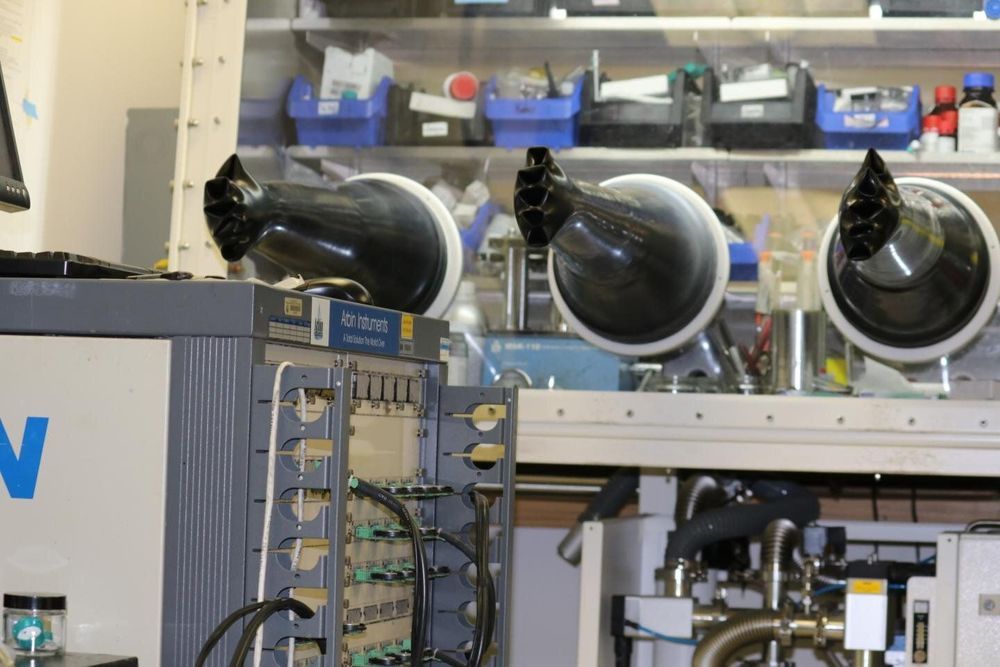For years, researchers have aimed to learn more about a group of metal oxides that show promise as key materials for the next generation of lithium-ion batteries because of their mysterious ability to store significantly more energy than should be possible. An international research team, co-led by The University of Texas at Austin, has cracked the code of this scientific anomaly, knocking down a barrier to building ultra-fast battery energy storage systems.
The team found that these metal oxides possess unique ways to store energy beyond classic electrochemical storage mechanisms. The research, published in Nature Materials, found several types of metal compounds with up to three times the energy storage capability compared with materials common in today’s commercially available lithium-ion batteries.
By decoding this mystery, the researchers are helping unlock batteries with greater energy capacity. That could mean smaller, more powerful batteries able to rapidly deliver charges for everything from smartphones to electric vehicles.
